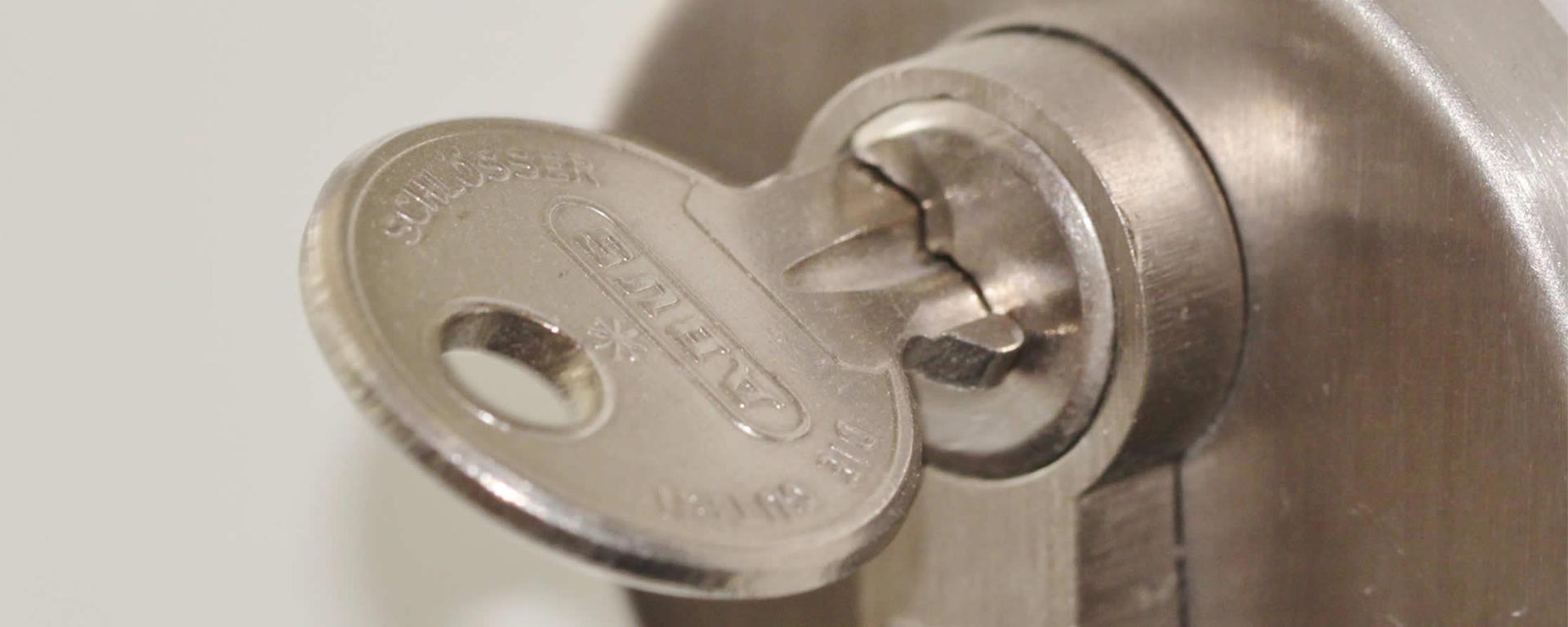Locking yourself out of your home or car is stressful enough in of itself. But if you get taken for a ride by an unqualified and unscrupulous scam artist, the experience can evolve from an annoyance into a nightmare. Known as the 24-hour locksmith scam, this fraudulent yet alarmingly common operation, could leave you out of pocket, by a significant sum.
The good news is, you can significantly mitigate the risk, with a bit of good old fashioned knowledge and research. Here are five ways to avoid the commercial locksmith scam.
Understand the Scam
The 24-hour/commercial locksmith scam is when a phoney operator disguises themselves as a real locksmith company and grossly overcharge a client for basic services.
The fraudsters will advertise extremely cheap rates online, perhaps as low as $50. Upon arrival, however, they’ll claim that was just a call out fee or that the lock was more complicated than anticipated. The final bill could exceed $500 or even $1000.
Identify a Scam Business
The easiest way to avoid the scam is by learning how to identify the red flags. Investigate a locksmith’s website thoroughly to confirm details such as the address, phone number, licensing information, and so on. Scam companies manage freelancer fraudsters via a call centre, which is typically interstate. You can verify the address of a locksmith in Google Maps Street View to see if it actually exists.
Be aware that scammers can create fake online reviews, post photoshopped images of their “headquarters”, and use names that are nearly identical to the competition to dupe customers. A legit business will list their ABN on their website, which you can confirm via the government ABN Look Up tool.
Assess Their Credentials
A legitimate locksmith will almost always arrive in a marked company car with a permanent decal of the logo, rather than a temporary magnetic attachment. The worker will be wearing an official uniform and won’t hesitate to hand over his license and identification. A true professional will also ask for your ID and confirm you have the right to access the vehicle or building in question.
Insisting on a cash payment is another tell-tale sign of a shady operator.
Beware of the Bait And Switch
Locksmith scams invariably work using some kind of bait and switch trickery. After verbally agreeing to a rate over the phone, the locksmith arrives and quickly discovers the work is more complicated than expected, thus the price will increase.
Another common scenario is that the original rate was just the call out fee. This will never occur with a legitimate locksmith, so never agree to pay above the quoted price.
Don’t Let Them Smash the Locks
A scam locksmith might claim that the lock is outdated and insist on replacing it at considerable expense. Next, they’ll go ahead and smash the lock open and install a shoddy one, sometimes even damaging your property in the process. A skilled locksmith has no reason to break a lock, so doing so as an obvious sign of a scam.
Frantically searching online for a locksmith to perform an after-hours call out makes the customer even more vulnerable to scammers. With that in mind, it’s wise to identify a local mobile locksmith in advance, so that you’ve already got a number lined up in case of an emergency.

